
OR
#Internet Service Disruption
Govt urges ISPs to settle outstanding tax liabilities amid internet service disruptions
Published On: May 2, 2024 10:45 PM NPT By: Republica | @RepublicaNepal
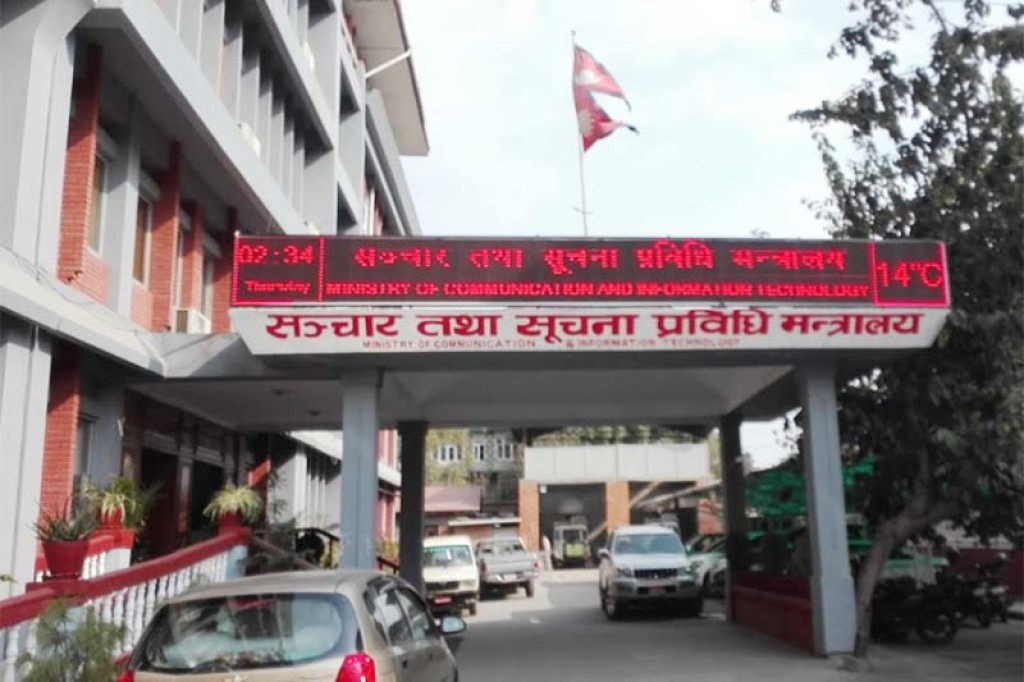
KATHMANDU, May 2: Amid Internet Service Providers (ISPs) in the country trading blame to the government for the internet service disruption, the Ministry of Communication and Information Technology (MoCIT) has clarified that ISPs are solely to be blamed for the disruption as they have failed to settle the dues of legally mandated tax amount.
The statement of MoICIT comes in response to allegations made by certain internet service providers that the government failure to grant permission to remit money to their India-based vendors had caused internet service disruption on Thursday.
Amid the ongoing debate between the government and ISPs regarding the payment of controversial charges, people across Nepal experienced a severe disturbance in internet services on Thursday afternoon.
Amid the ongoing controversy, Nepali ISPs have failed to clear dues with Indian bandwidth providers, leaving Indian companies to disrupt services on Thursday afternoon. The ISPs stated that the Indian bandwidth providing companies, citing delayed payment by Nepali internet-related companies, disrupted their services to Nepali customers.
The government and ISPs have been on a warpath for the past few years. The government insists that ISPs clear their backlog payments on non-telecommunication services, including web service, co-location, hosted service, disaster recovery, managed service, data center, and cloud service. However, ISPs argue against paying for non-telecommunication components, stating it is against the law.
Citing Section 30 of the Telecommunications Act, 2053 BS, and Rule 26 of the Telecommunications Regulations, 2054 BS, the MoICIT emphasized the obligation for ISPs to charge fees in advance from customers for services within the country. These fees include contributions to the Rural Development Fund and annual royalties to the government.
According to Rule 26, failure to comply with these payment regulations can result in penalties, including monthly billing for outstanding amounts. The MoICIT clarified that annual gross income, as defined by the regulations, excludes revenue from customer payments, service tax, value-added tax, and other indirect taxes.
According to ISPs, they are yet to clear dues worth Rs 3 billion to Indian companies. The MoICIT is said to be refusing to recommend the central bank release funds, citing the issue of pending tax liabilities. The central bank processes the release of the funds for payment only after MoCIT issues a recommendation to this effect.
Assistant Spokesperson at MoCIT Bishal Sapkota stressed the importance of adherence to legal provisions, urging all stakeholders to refrain from actions that could impede vital services and economic development.
Out of the 122 registered internet service providers and 23 network service providers under the Nepal Telecommunication Authority (NTA), only a fraction of internet service providers have failed to meet their payment obligations. The MoICIT emphasized that most telecommunication service providers have adhered to the legal requirements and have promptly submitted their dues.
The NTA, according to MoCIT, has continually urged service providers to fulfill their financial obligations as stipulated by law. The MoCIT reiterated that failure to comply could lead to disruptions in essential services like internet connectivity, adversely affecting ordinary internet service users.

You May Like This

Federalism: learning by doing
Issues have emerged regarding effective implementation of federalism. But there is a long way to go and these issues can... Read More...

Aug 21: 6 things to know by 6 PM
Your daily dose of missed important news of the day. ... Read More...

What Nepal needs is India's friendship and support for growth: Nepal PM Oli
In an exclusive interview to The Hindu, Mr. Oli says the bitterness of past relations have been put behind them,... Read More...
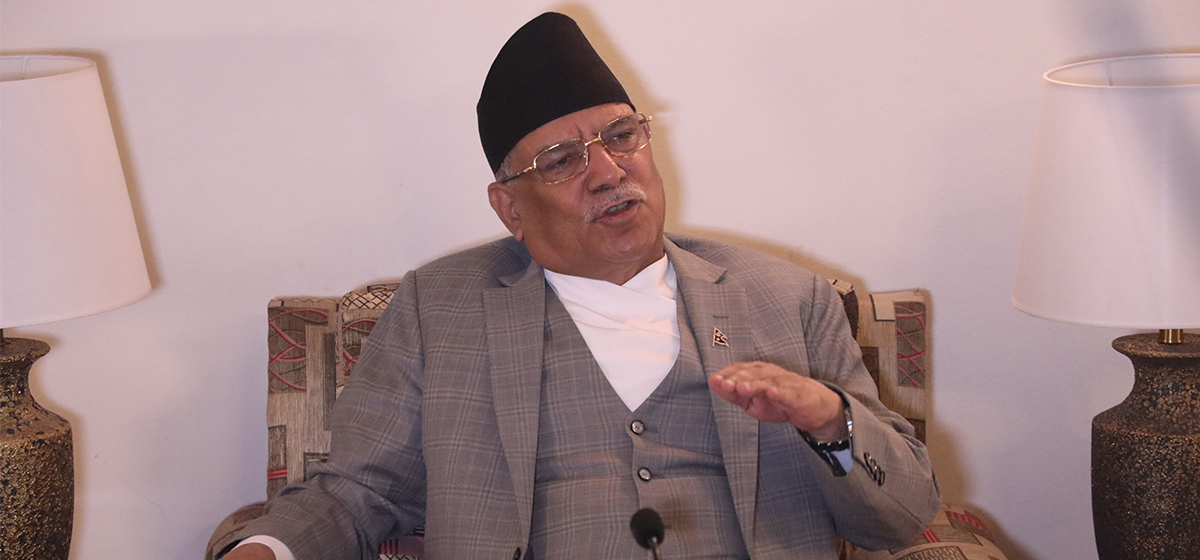

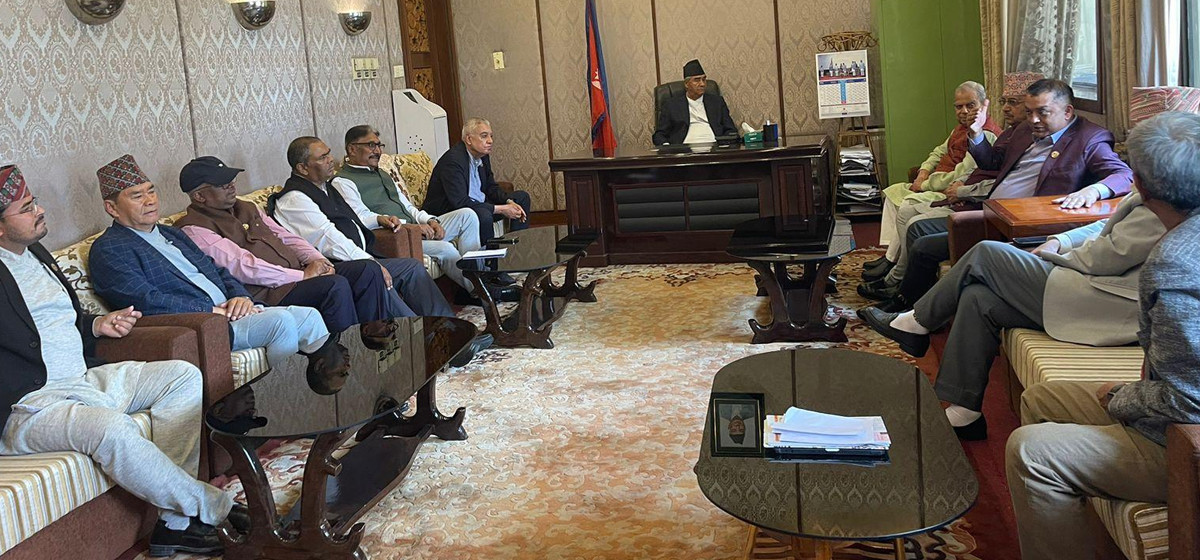
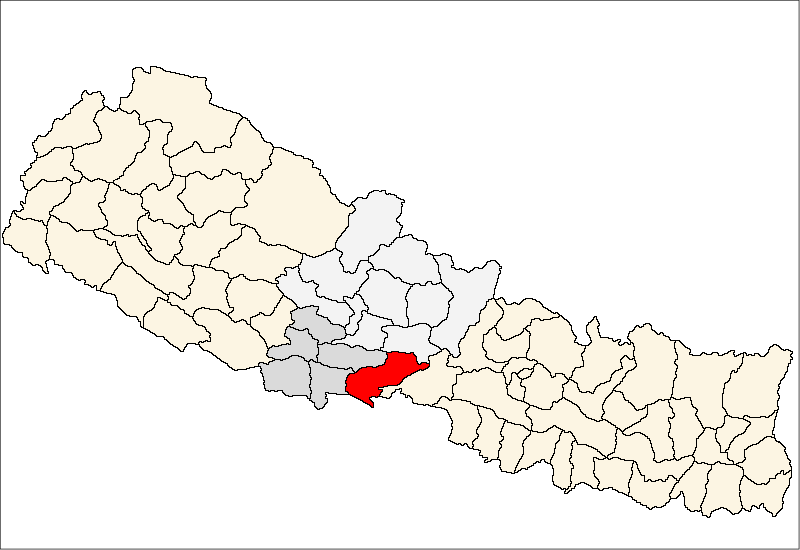
Just In
- PM invites NC for talks amid House deadlock
- New species of bird found in Nepal
- Govt withdraws bill to amend Political Parties Act
- Opposition parties stick to NC’s demands
- HoR meeting rescheduled for 2 PM after parties fail to reach consensus
- PM Dahal claims Nepal will be exporting 10,000 MW of electricity in a decade
- Parliament meeting delayed after opposition seeks time to address assembly
- Rs 21 billion collected in revenue in Nawalpur





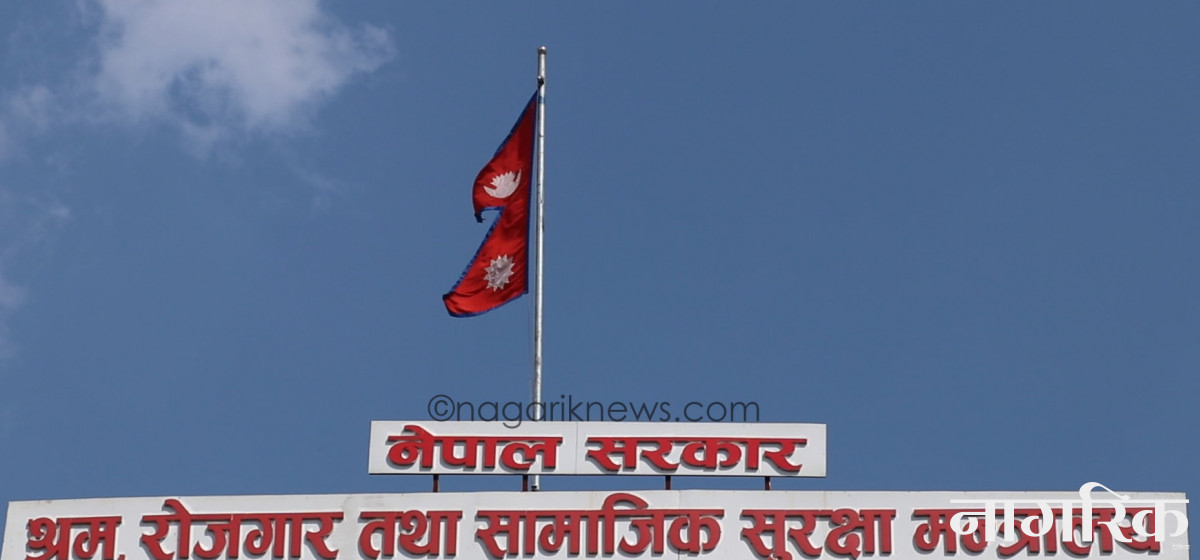
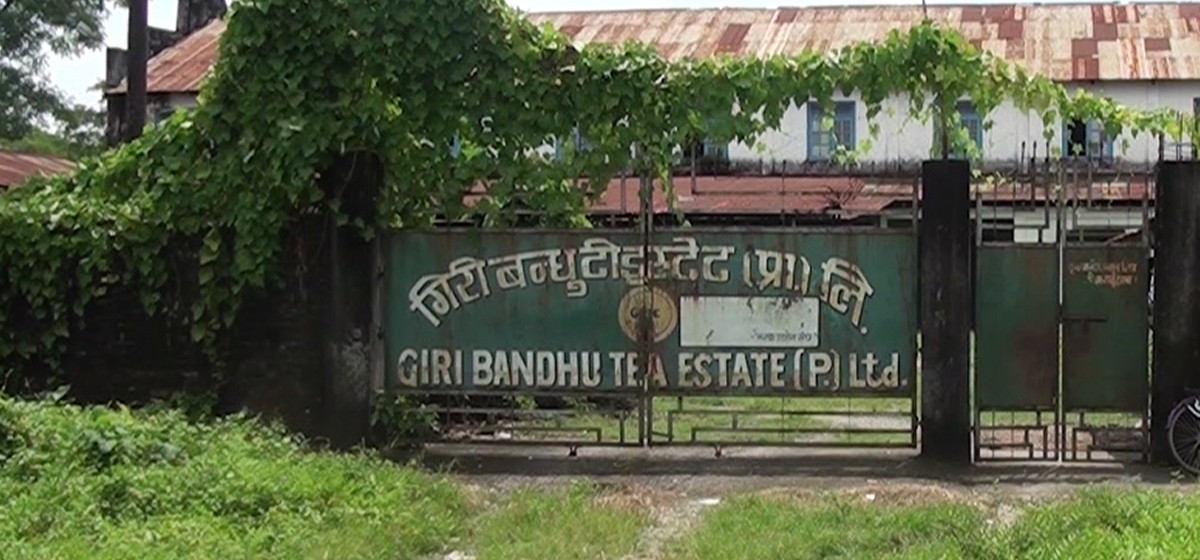

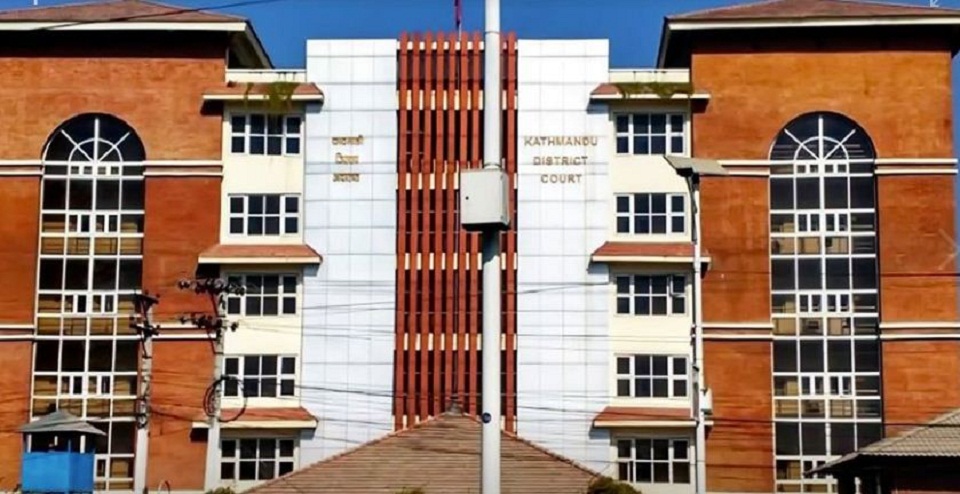


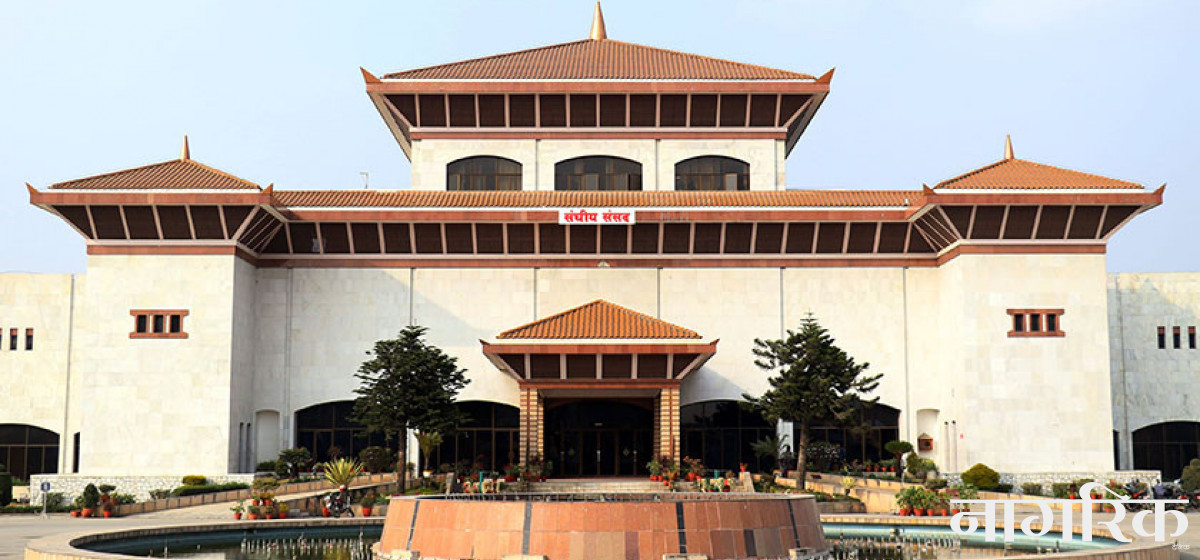
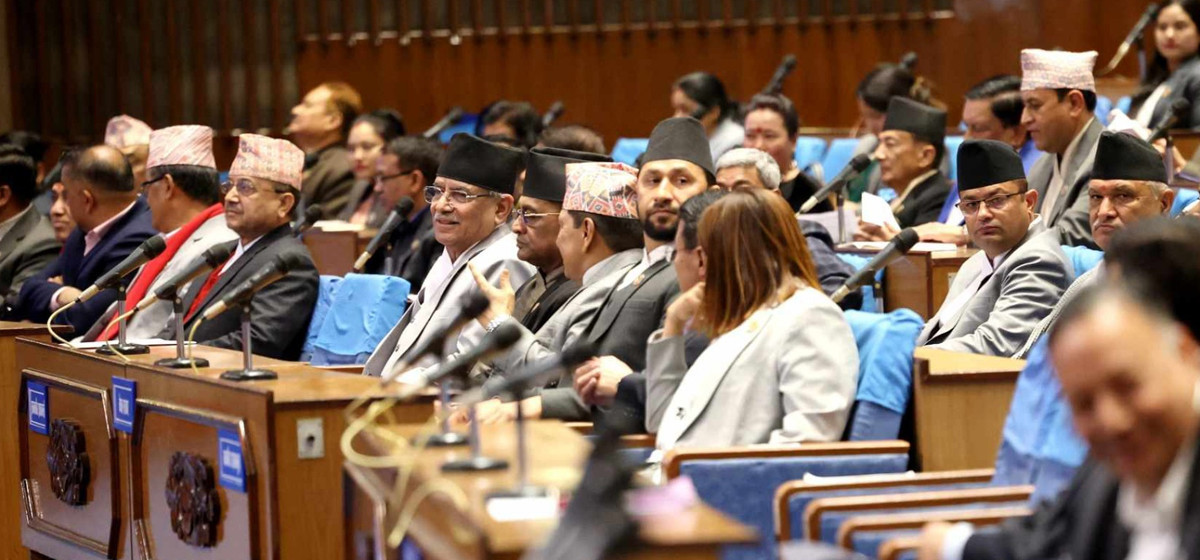
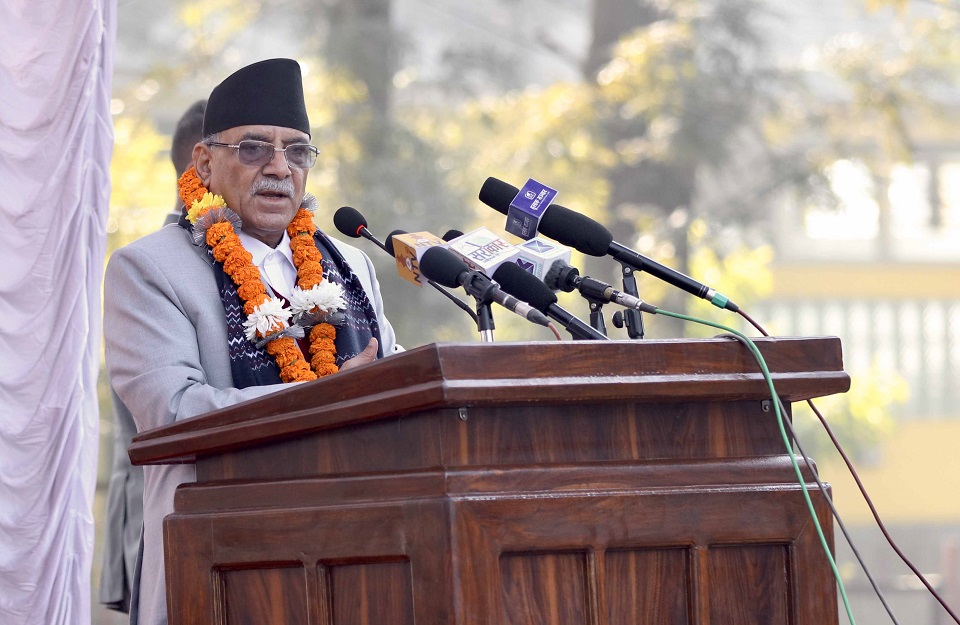
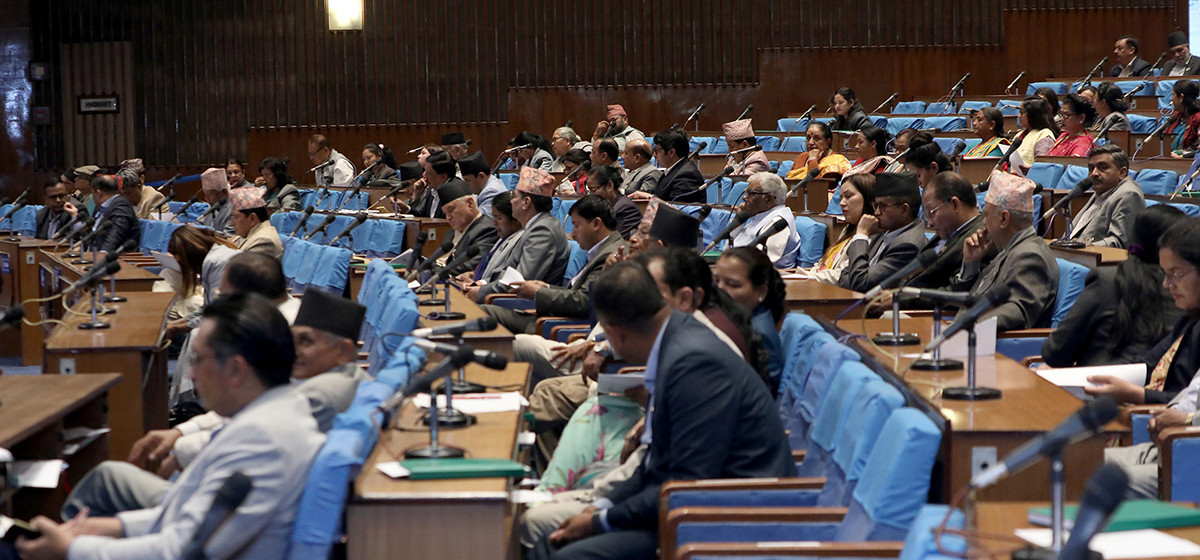
Leave A Comment